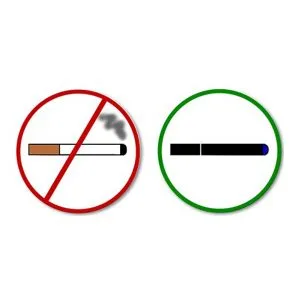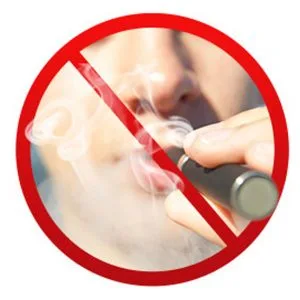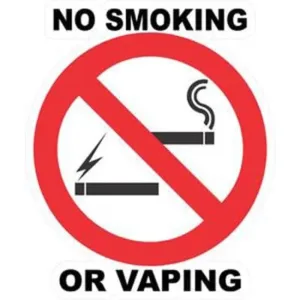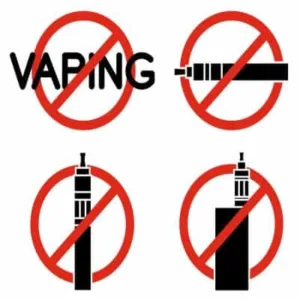British Columbia Proposed Legislation
OUR Two cents: The typical responses that have been touted around by our government continues with this legislation. “We don’t know what is in them, therefore let’s ban them” and “they may be a gateway for our youth to start smoking”. Both of these statements have been proven false again and again, yet our government … Read more











